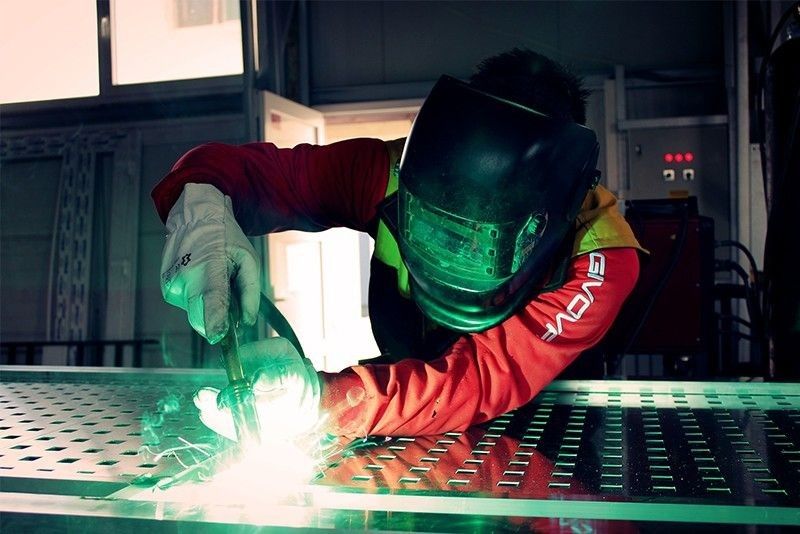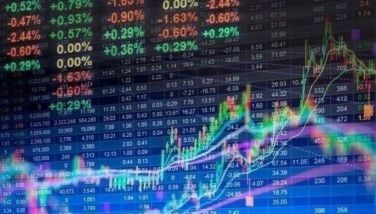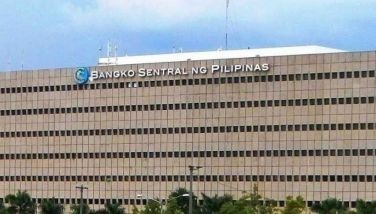Factory output rebounds in February as Philippines loosens virus curbs

MANILA, Philippines — Local manufacturing sped past production hurdles in February and posted its best performance in three years, although questions remain on whether the industry could sustain this momentum.
British information provider IHS Markit reported the Philippines' purchasing managers’ index (PMI), a measure of manufacturing output, surged to 52.8 in February from 50.0 in January, rebounding back to its growth path.
The latest print — a result of a monthly survey of around 400 firms — landed above the 50 no-change threshold separating expansion from contraction. "While the relaxation of restrictions was no doubt the latest driver of growth, there were also tentative signs of improvements in material availability, as delivery times lengthened to the least marked extent for a year," said Shreeya Patel, an economist at Markit.
"Purchasing activity expanded at the sharpest rate for over three years while firms were able to boost both pre- and post-production inventories sharply," she added.
A month after PMI was seen to struggle in January, Markit noted local factories took in new orders and increased output, the quickest increase for over three years, as effects of the aftermath of typhoon “Odette” and the Omicron variant wave hardly dragged the sector down. Local manufacturing firms noted that the relaxation of pandemic restrictions and material availability encouraged expansion, especially since Metro Manila and other areas are shifting to Alert Level 1 this month on account of low infection rates nationwide.
The boost in new orders and buying activity of manufacturers, the sharpest in over three years, masked the dismal employment situation. Markit noted firms held back on hiring but the drop in employment in local manufacturing firms was driven by resignations rather than cost-saving measures.
Delivery times were found to have been shortened to a lesser extent, Markit reported.
Despite the rosy print, Leonardo Lanzona, an economist at Ateneo De Manila University, said it would be a rush to call this growth momentum sustainable.
"It is too early to say that this is going to be sustainable. Part of this can be due to base effects. Multiplier effects from government expenditures can also be a factor. However the impending inflation can stifle this growth," he said in a text message.
Lanzona pointed out that the index is "subject to many fluctuations" that prove difficult to assess whether local firms could sustain this.
Sought for comment, Nicholas Antonio Mapa, senior economist at ING Bank in Manila, said the sector's fate is still tied to the pandemic, despite the prospects of consumer demand improving as restrictions ease around the country.
"We can expect March PMI to rise further on improving growth prospects however we caution that any expectations for expansion are likely to still be tied to virus mitigation," Mapa said in an emailed commentary.
"A more sustainable pace of expansion will however depend largely on the ability of the government to keep the economy open and protection against possible new variants must always be considered," Mapa added.
Russia's invasion of Ukraine poses risks to the global supply chain, disrupting it further and potentially pushing inflation up, which poses risks to the local manufacturing sector, according to Mapa. Even then, economies worldwide are reopening after dealing with the Omicron variant surge in past months.
Michael Enriquez, chief investment officer at Sun Life Investment Management and Trust Corp, agreed with Mapa that this would only be sustained if the national government could keep infections down.
"As we move to 100% capacity for workers, we should expect more spending and consumption of goods," Enriquez said in a Viber message.
- Latest
- Trending




























